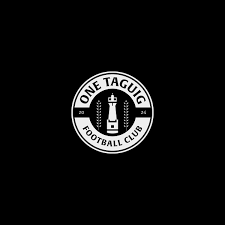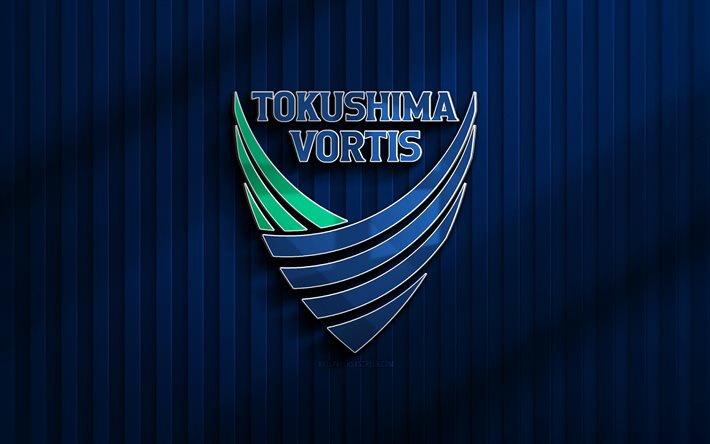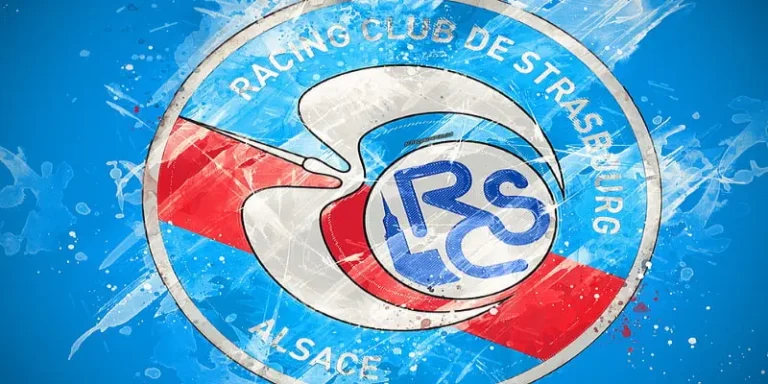
The Untold Brilliance of Carlo Ancelotti’s Mastermind
Carlo Ancelotti isn’t just a trophy collector—he’s a quiet revolution in a world of noise. With a serene demeanor masking a razor-sharp mind, Ancelotti has conquered football’s biggest stages through adaptability, empathy, and tactical genius. From AC Milan’s dominance to Real Madrid’s glory, his legacy is built not on shouting from the sidelines, but on understanding players as people. Ancelotti doesn’t force a system; he builds one around what he has. In a game obsessed with ego and innovation, Carlo Ancelotti remains the understated architect of success—proving that true mastery lies in balance, intuition, and trust.
Carlo Ancelotti: A Managerial Journey
Carlo Ancelotti’s managerial journey is marked by adaptability and resilience, characterized by his ability to evolve and grow while maintaining core principles.
Navigating Different Cultures
Ancelotti’s career has taken him across various countries, managing clubs in Italy, England, France, Germany, and Spain. This journey has allowed him to grasp diverse footballing philosophies while molding his managerial style.
His experiences in the English Premier League with Chelsea exposed him to a fast-paced, physically demanding brand of football, while in Spain, he embraced a more technical and possession-based approach, reflecting the style of play prevalent in La Liga.
Learning from Hardships
Every manager faces adversity, and Ancelotti is no exception. His challenging time at Chelsea, where he was under immense pressure after a disastrous end to the season, taught him lessons in resilience and adaptability.
He emerged from this phase with enhanced skills in crisis management, strengthening his resolve to handle the complexities that come with managing elite teams effectively.
Influence of Mentors
Mentorship plays a significant role in Ancelotti’s development. Influences from predecessors such as Arrigo Sacchi and Marcello Lippi shaped his philosophy, emphasizing tactical discipline, work ethic, and a winning mentality.
These core values are often mirrored in Ancelotti’s coaching methods, creating a blend of innovative strategies while adhering to the fundamental philosophies adopted throughout his career.
Influence of Carlo Ancelotti on Modern Football
Carlo Ancelotti’s influence extends beyond the pitch; he has had a lasting impact on modern football tactics, management, and leadership.
Tactical Evolution
Ancelotti’s flexible approach has paved the way for modern managers to embrace adaptive tactics that react to the ebb and flow of modern football matches.
You can see his fingerprints on recent coaching developments that prioritize fluidity and adaptability over rigid systems, a critical departure from the era of fixed formations that dominated football for decades.
Leadership Development
The emphasis Ancelotti places on strong, harmonious relationships between players and staff is becoming increasingly relevant in contemporary football, where psychological factors often dictate success.
His ability to create a positive atmosphere can be seen cascading down to coaches worldwide, challenging them to create environments that promote growth, teamwork, and a shared vision among players.
Contributions to Player Development
Ancelotti’s nurturing approach to player development has also had an influence on contemporary coaching. He is known for unlocking player potential through mentorship and effective communication.
This focus on player development resonates with modern football managers who prioritize not only tactical acumen but also emotional intelligence and interpersonal skills in their coaching philosophy.
Carlo Ancelotti’s Greatest Matches
The matches that define Carlo Ancelotti’s career are those where tactics, player management, and strategic foresight coalesce into unforgettable performances.
The 2003 UEFA Champions League Final
Ancelotti’s tactical gambit in the 2003 UEFA Champions League Final against Juventus is celebrated as one of his greatest masterpieces.
He set up AC Milan in a 4-3-1-2 formation, leveraging the creative talents of Rui Costa and the striking abilities of Andriy Shevchenko to ignite Milan’s attack. The match remains etched in history as a classic duel that showcased tactics, high pressure, and resilience.
The 2013 Bundesliga Title Decider
At Bayern Munich, Ancelotti guided his team to a decisive Bundesliga title, exemplified by an emphatic victory against Borussia Dortmund.
Here, his tactical nous came to the fore as Bayern played a beautifully structured game that fortified their defensive lines while strategically unleashing rapid counter-attacks. Ancelotti’s game-management and adjustments resonated throughout the match, further solidifying his legacy in German football.
The 2014 Champions League Final
In the 2014 Champions League Final, Ancelotti’s Real Madrid faced city rivals Atlético Madrid. The match is a testament to his adaptability and ability to inspire players to rise to the occasion.
Though Real Madrid found themselves trailing for much of the match, Ancelotti’s substitutions and tactical changes helped his side to an incredible comeback in extra time, showcasing the true essence of Ancelotti’s coaching philosophy—never surrendering and believing in success until the final whistle.



